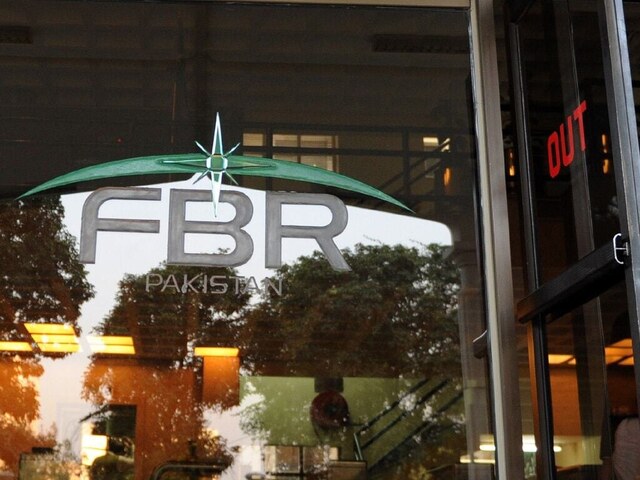Copyright thebftonline

By Michael OSEKU-AFFUL Earlier this month, organisations across Ghana joined the world in celebrating Customer Service Week — a moment to pause and appreciate the people and systems that make every customer interaction meaningful. In our offices, we exchanged smiles, wore branded T-shirts, sent heartfelt thank you messages to our clients, and reflected on how we could serve better. But as I joined the celebrations, one question lingered in my mind: what does customer service have to do with Compliance? After all, Compliance is not the first department that comes to mind when we think of service. We are more often associated with regulations, guidelines, laws, checklists, policies, and audits than with customer delight. Yet, after years in this profession, I have come to believe that there is no lasting customer service without compliance with the relevant laws and regulations that impact one’s business. Trust is an Invisible Asset for Growth At Standard Chartered, we believe that the highest form of service is trust. Customers may not see every process behind the scenes, but they feel it, confident that their bank, supplier, or business partner operates with integrity and transparency. That confidence doesn’t come from advertising slogans; it comes from compliance: from systems and discipline that ensure things are done right. Whether you are a multinational, a family business, or a start-up, compliance is how you prove that your word can be trusted. Across Ghana today, that trust has become the new currency of growth. It is the silent language that opens doors to credit, investors, and partnerships that reward accountability. From Burden to Advantage: Rethinking Compliance Let’s be honest: for many entrepreneurs, the word compliance triggers stress. Filing taxes, updating registrations or licences, and meeting statutory requirements can feel like chores that take time away from “real business.” But in truth, compliance is the business. It’s the foundation on which every sustainable enterprise is built. SMEs are the lifeblood of Ghana’s economy, contributing over 90% of businesses and around 80% of jobs. Yet many remain locked out of the formal system, unable to access financing or large-scale contracts. The missing ingredient is often not ambition, but documentation and transparency. When a small business registers formally, keeps clear records, and complies with labour, tax, and data-protection laws among others, it sends a powerful message: we are credible; we are here to stay. Lenders see reduced risk. Bigger corporates see partnership readiness. Regulators see good citizenship. In other words, compliance transforms invisibility into opportunity. Compliance Is Customer Service As we round up the celebration of Customer Service Month, it’s time to broaden our understanding of what service really means. Good service isn’t only about smiles and speed. It’s also obviously about safety, reliability, and respect. It’s about protecting your customer’s data, honouring your obligations, and ensuring every transaction is ethical and transparent. A logistics company that follows road-safety regulations is serving its clients well. A fintech that safeguards customer data is showing service through respect. A manufacturer that meets product-safety standards is protecting the public. In today’s digital economy, we may not know it, but compliance has become frontline customer service: the quiet assurance behind every promise and every brand. A Call to Compliance Professionals: From Policing to Partnering For those of us in the Compliance profession, this is also a moment for reflection. We must evolve beyond being corporate police to becoming partners in progress: enablers of growth who guide, simplify, and empower. We must become custodians of service excellence. When we help entrepreneurs to understand KYC or AML requirements, when we demystify regulation for colleagues, we are delivering customer service through clarity and confidence. The most impactful Compliance professional is not the one who only enforces the rules, but the one who helps others understand why they matter. Public Institutions as Service Providers The same principle applies to our public-sector regulators. Agencies that enforce compliance are also service institutions. Their role is not only to ensure compliance, but to enable business. When regulators simplify forms, digitalise processes, and engage businesses with empathy, they turn compliance into a customer-delight experience rather than a dreaded ordeal. Every hour saved at a permit office, every form moved online, every officer who explains a rule with patience rather than penalty – these are acts of service that strengthen the nation’s culture of trust. Of course, penalties are also tool for ensuring compliance and must be applied against entities who repeatedly and flagrantly engage in acts of non-compliance to serve as a deterrent. Compliance and Ghana’s Global Reputation In an interconnected world, a nation’s compliance culture is part of its investment appeal. Investors and tourists alike assess not only our natural beauty or market size, but also the integrity of our systems: how easy it is to register a business, obtain permits, move capital, protect data, or enforce contracts. When we all comply with laws and regulations, Ghana signals to the world: we are trustworthy, we are transparent, and we are ready for business. That confidence draws investors, reassures partners, and even enhances our reputation as a safe and ethical destination for tourism and trade. Building a Culture of Trust Ultimately, compliance is not only about penalties; it’s about principles. Trust is the bedrock of all relationships, between banks and clients, between businesses and consumers, between governments and citizens. Without it, no economy can thrive for long. For Ghana to achieve its next chapter of inclusive growth, we need enterprises and institutions, both private and public, that are transparent, accountable, and trusted. At Standard Chartered, we see compliance not as a checklist, but as a promise – to our clients, our regulators, and our country. As we bring the celebration of customer service month to a closure, I’m reminded of a small business owner I once met who said, “When the rules are clear and the processes are fair, I don’t mind following them.” That simple statement captures the heart of what compliance should be: not a maze to survive, but a pathway that inspires confidence — for businesses, for citizens, and for Ghana’s future. Michael is the Chief Compliance Officer at Standard Chartered Bank Ghana Plc



